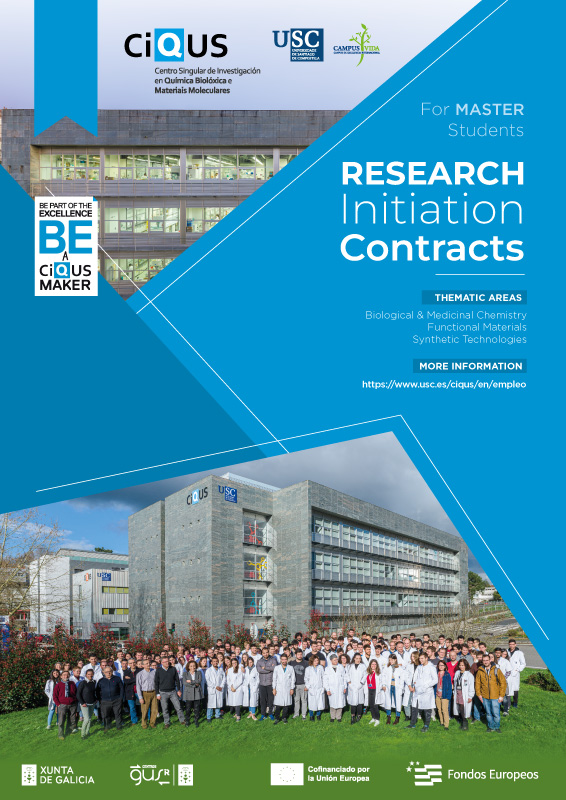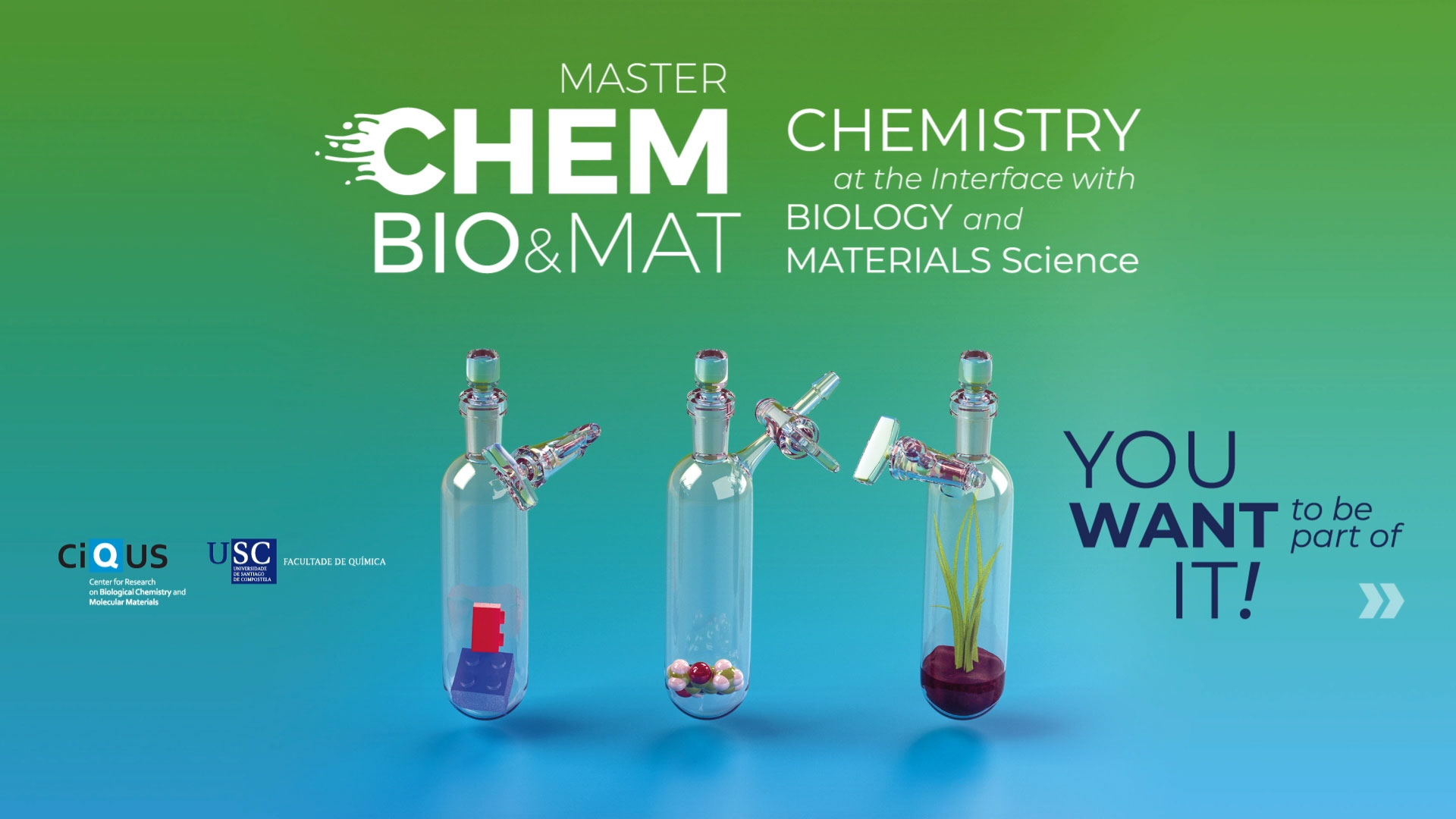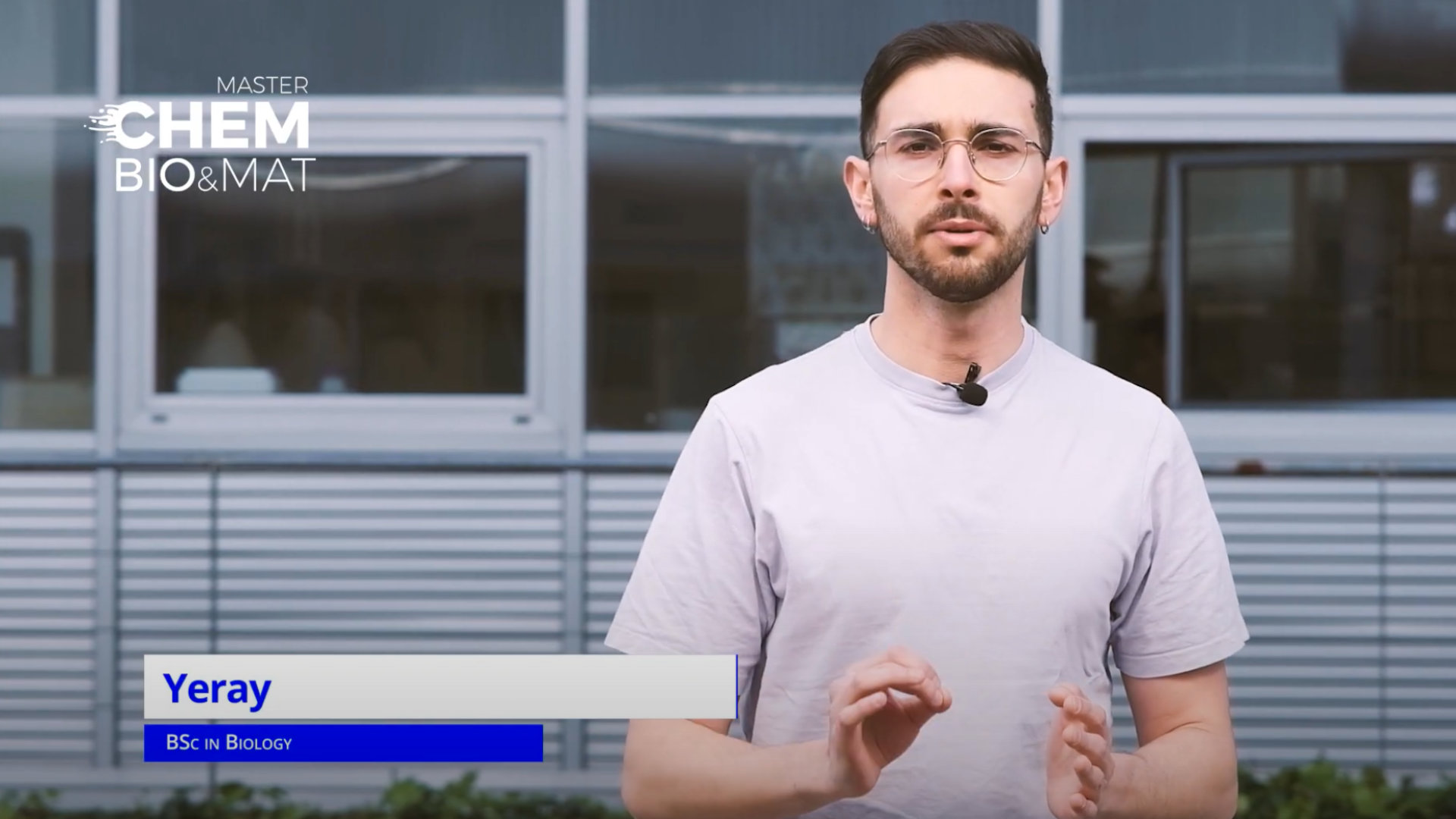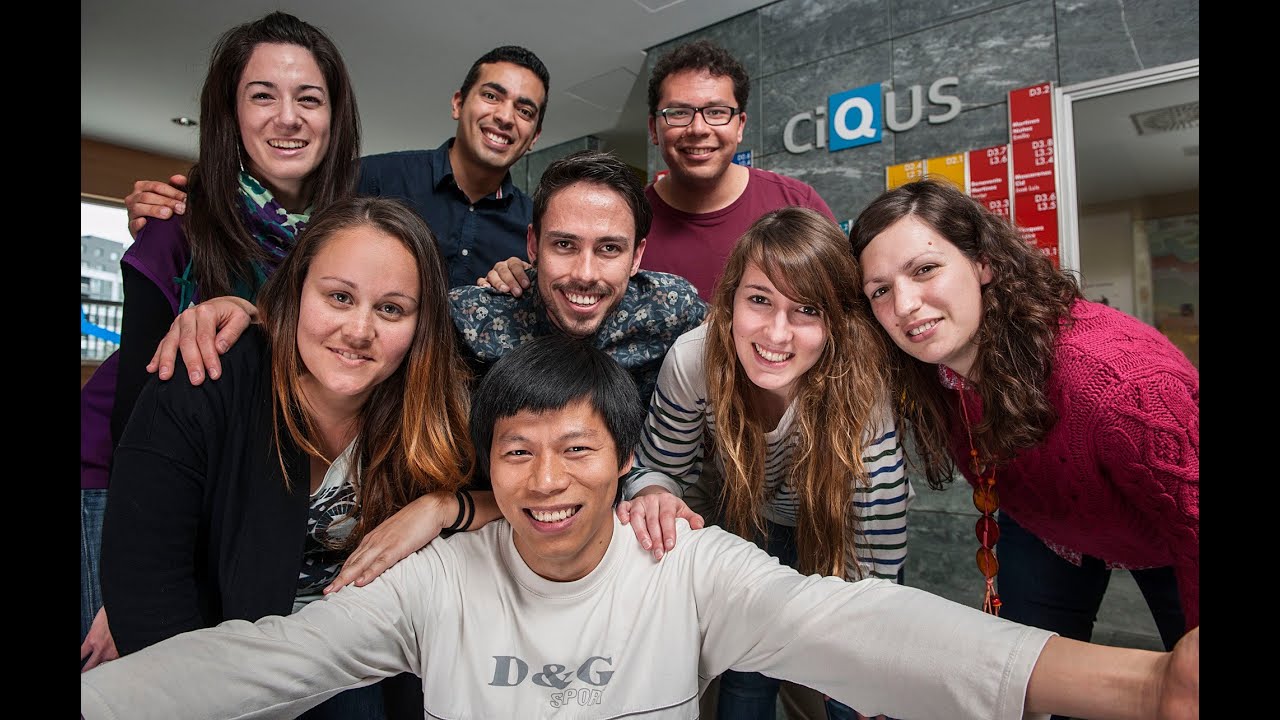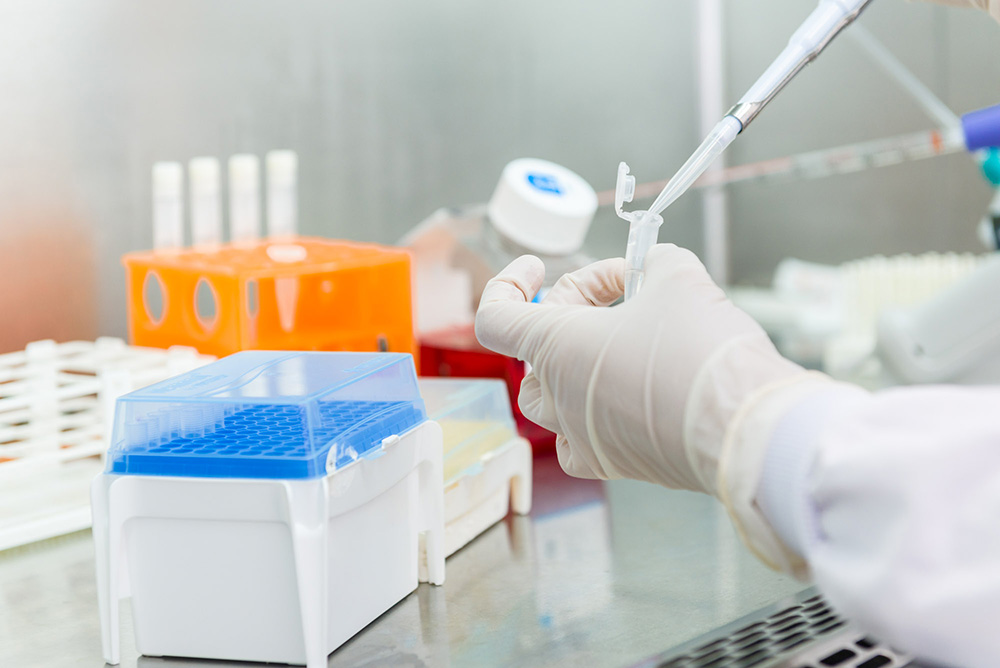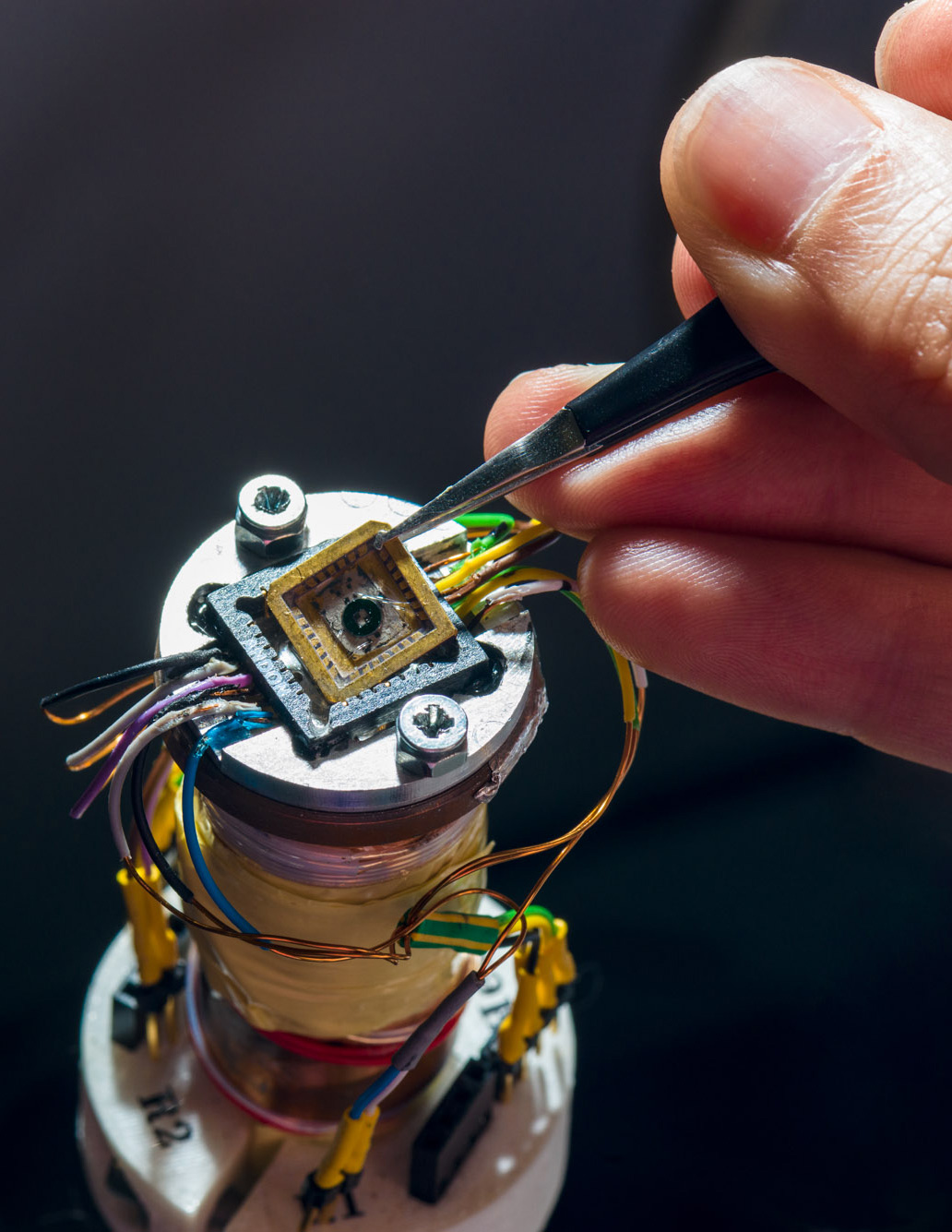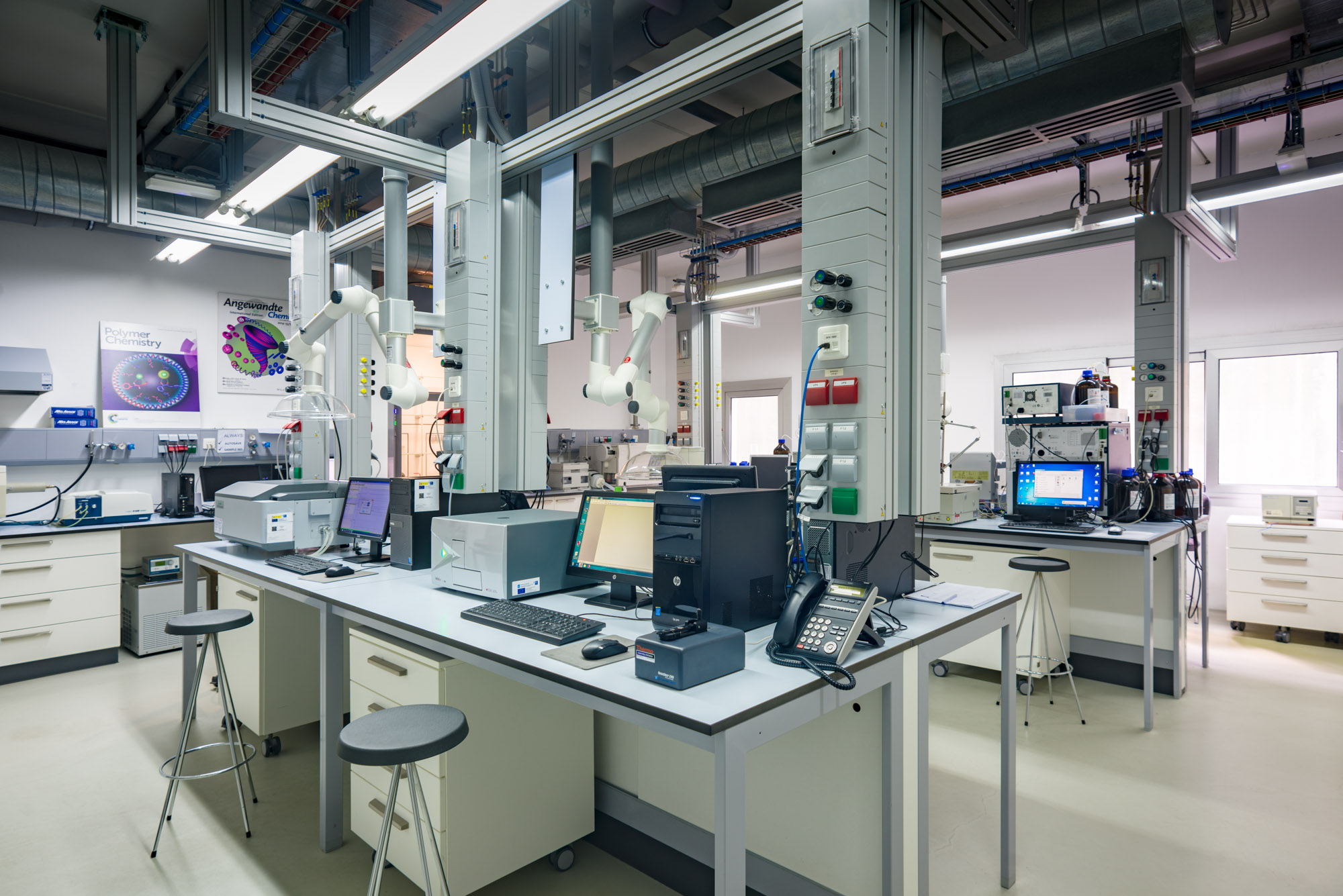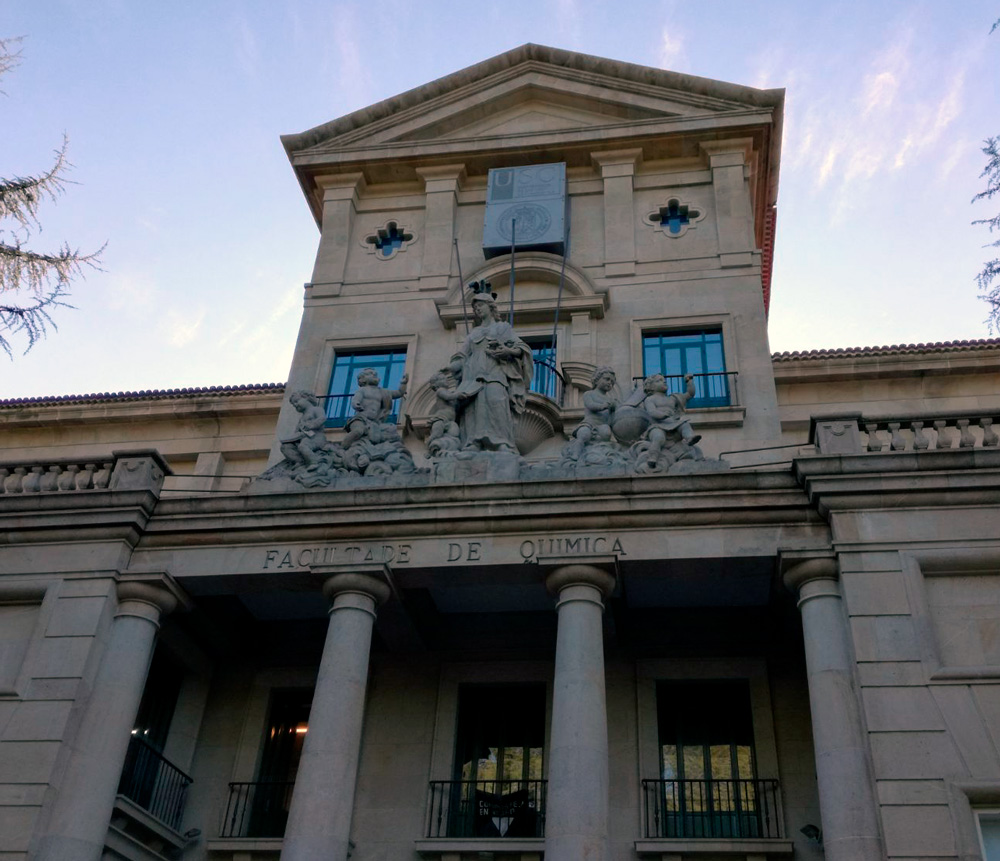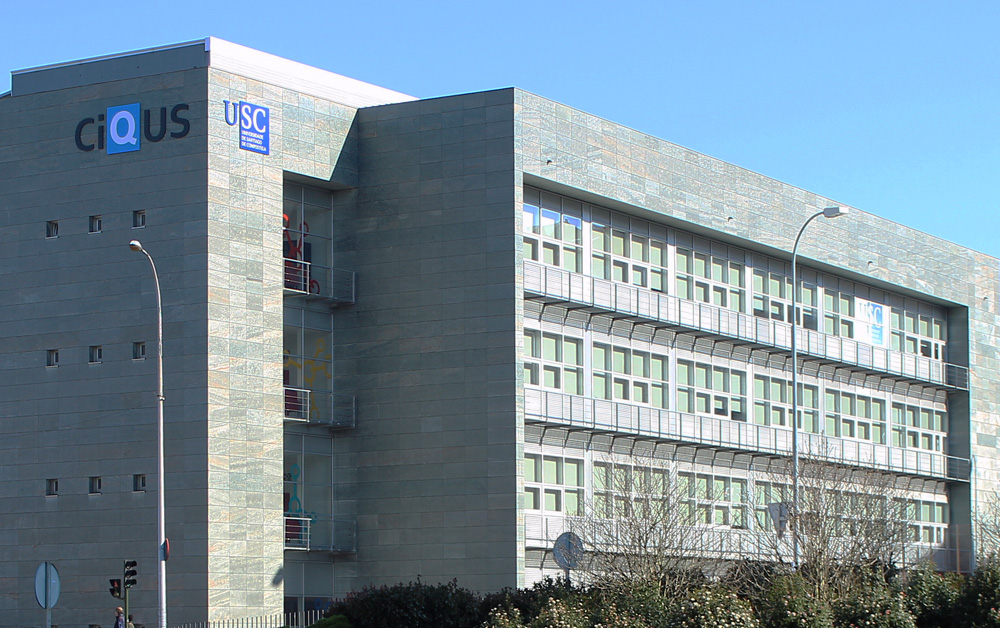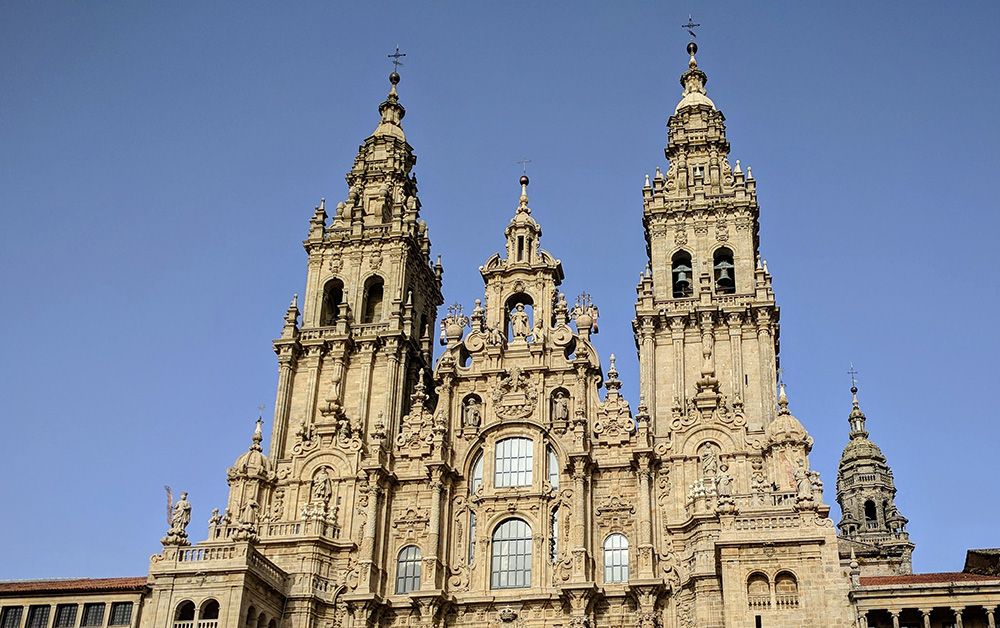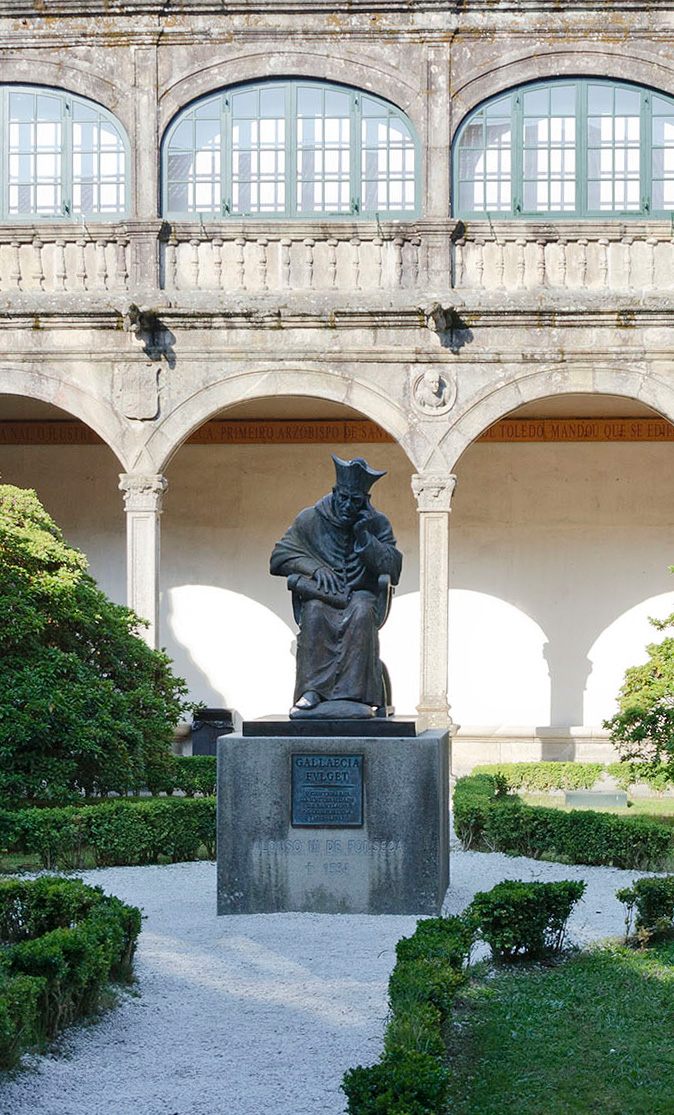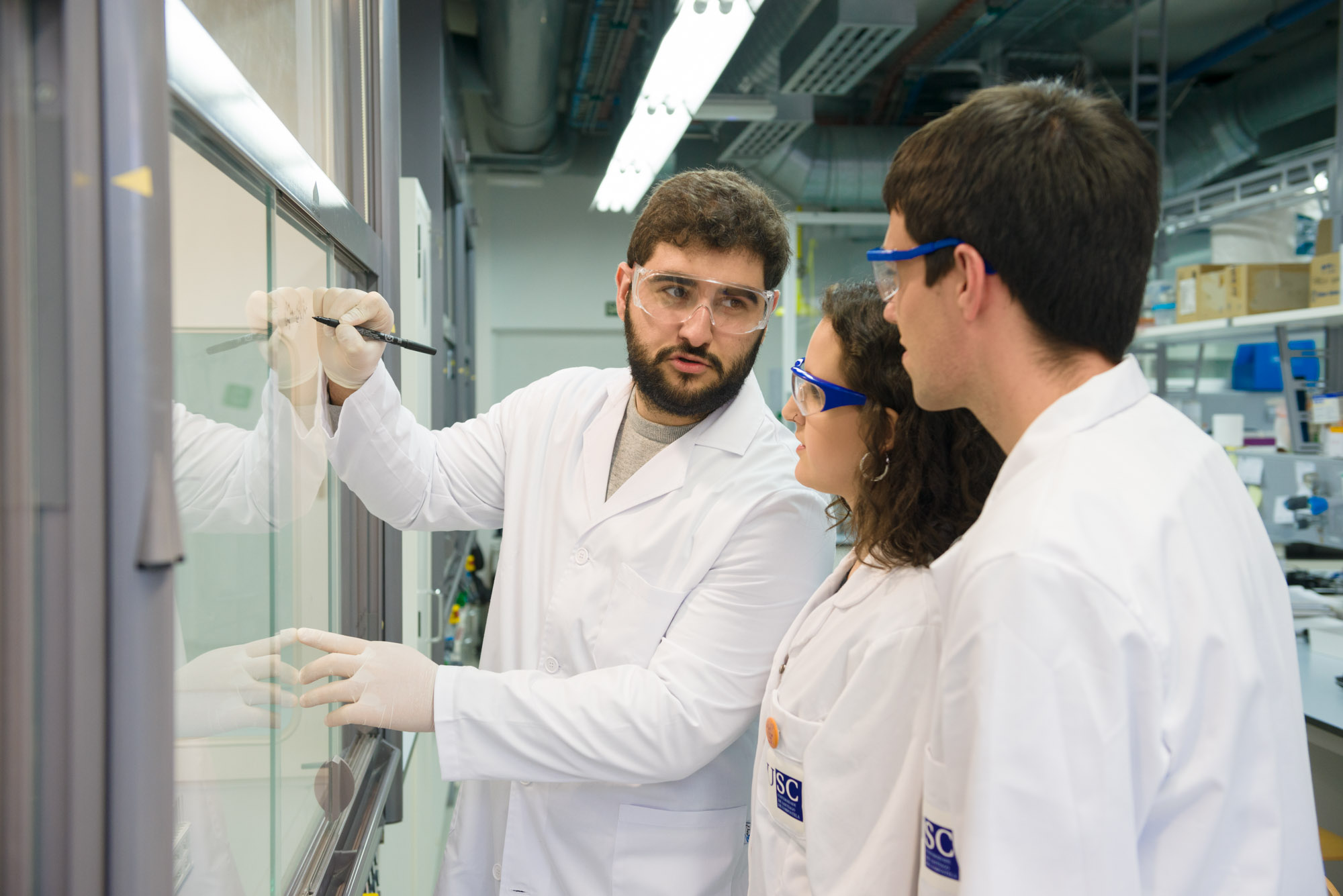
Training scientists, professionals and the leaders of tomorrow
Providing the necessary practical skills and knowledge to undertake a professional or a research career
Enrolment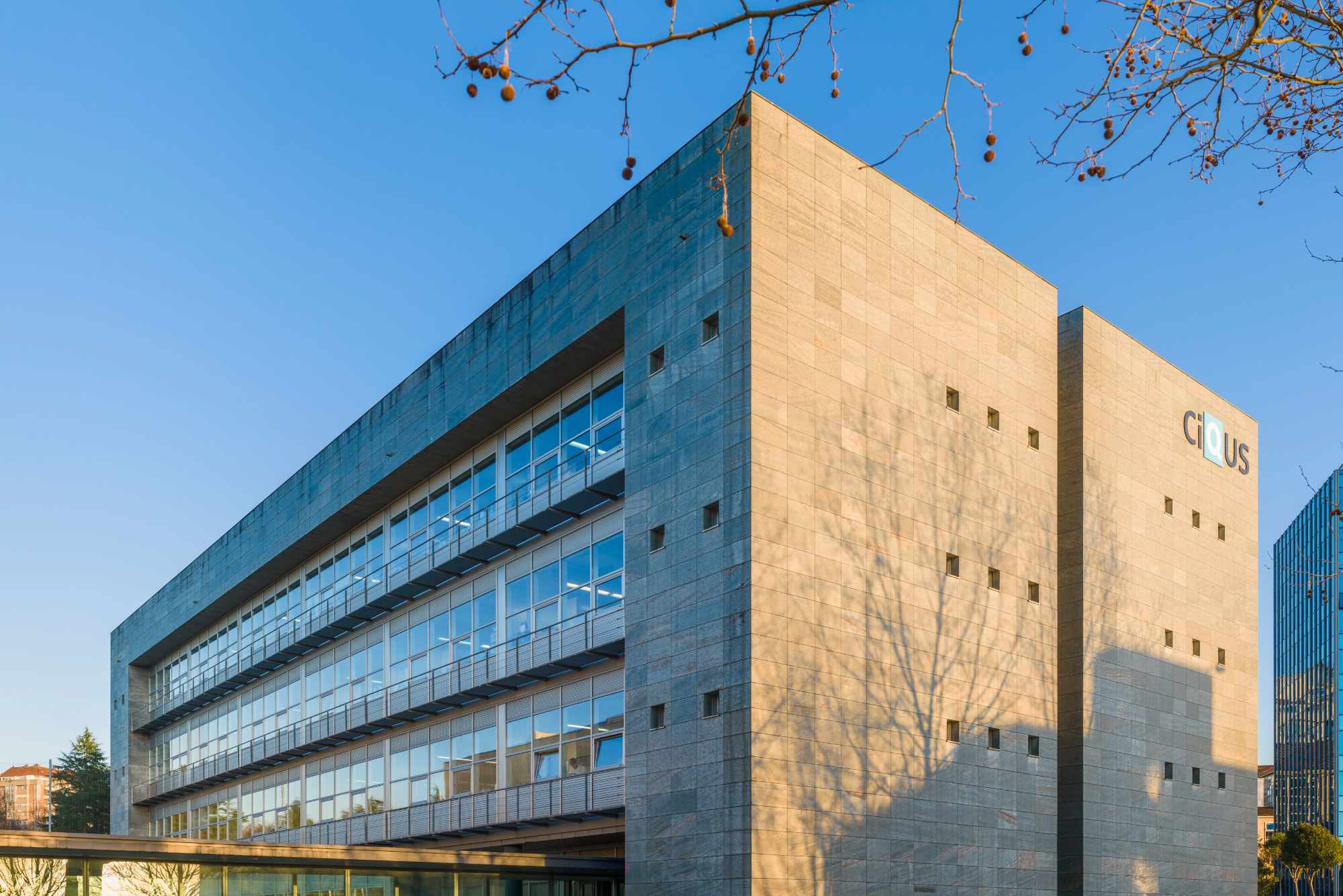
Be part of the Excellence! Be part of CiQUS!
Join our ChemBio&Mat programme and become part of CiQUS!!. You will receive training in interdisciplinary research in molecular chemistry and in its interface with biology an materials science, all under the guidance of leading international researchers.
Find out more Enrolment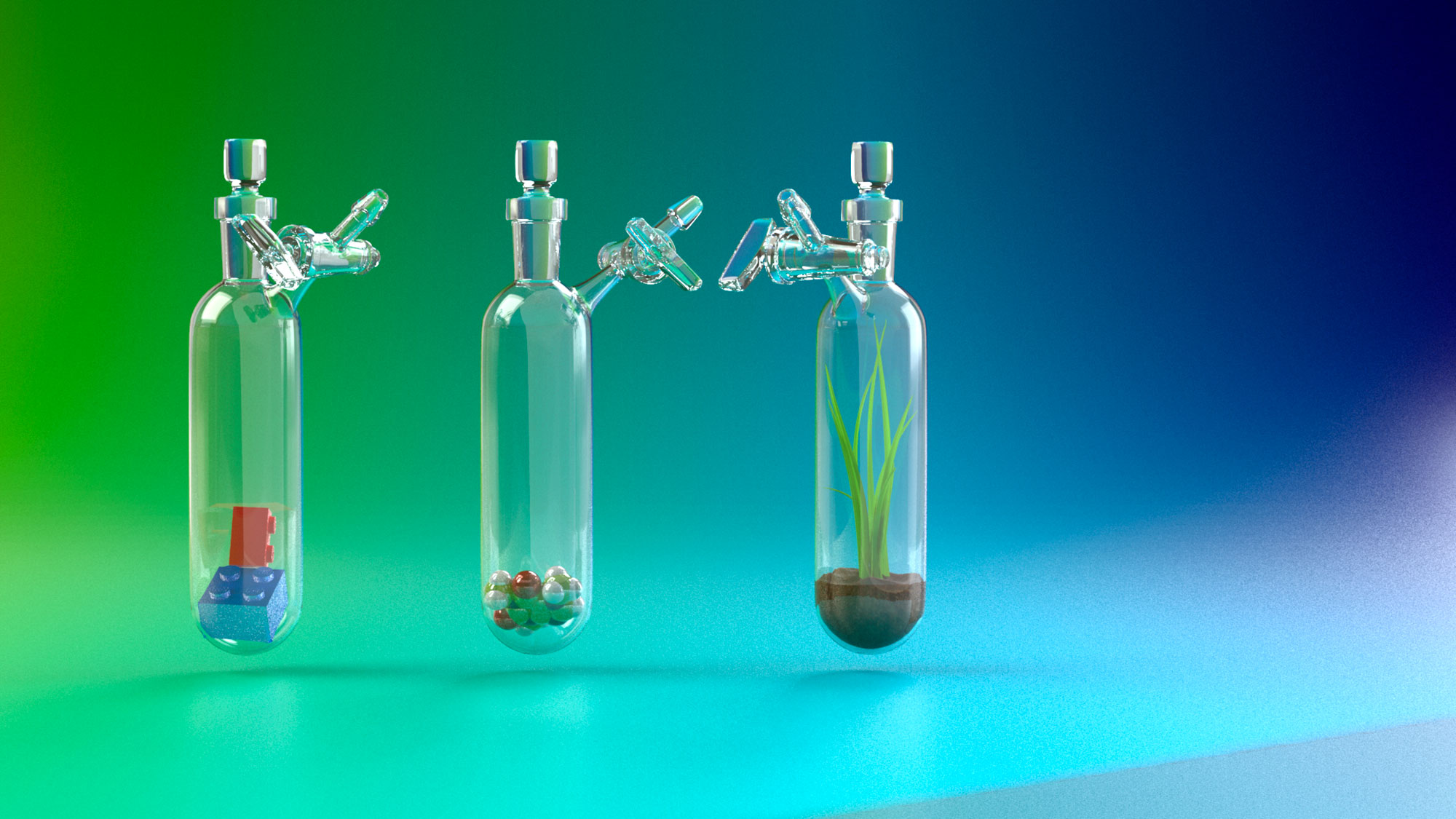
A study programme beyond the classical scientific boundaries
Training in a multidisciplinary environment to approach problems and challenges in the fields of Chemistry, Biomedicine and Materials Science
Enrolment Be a CiQUS Maker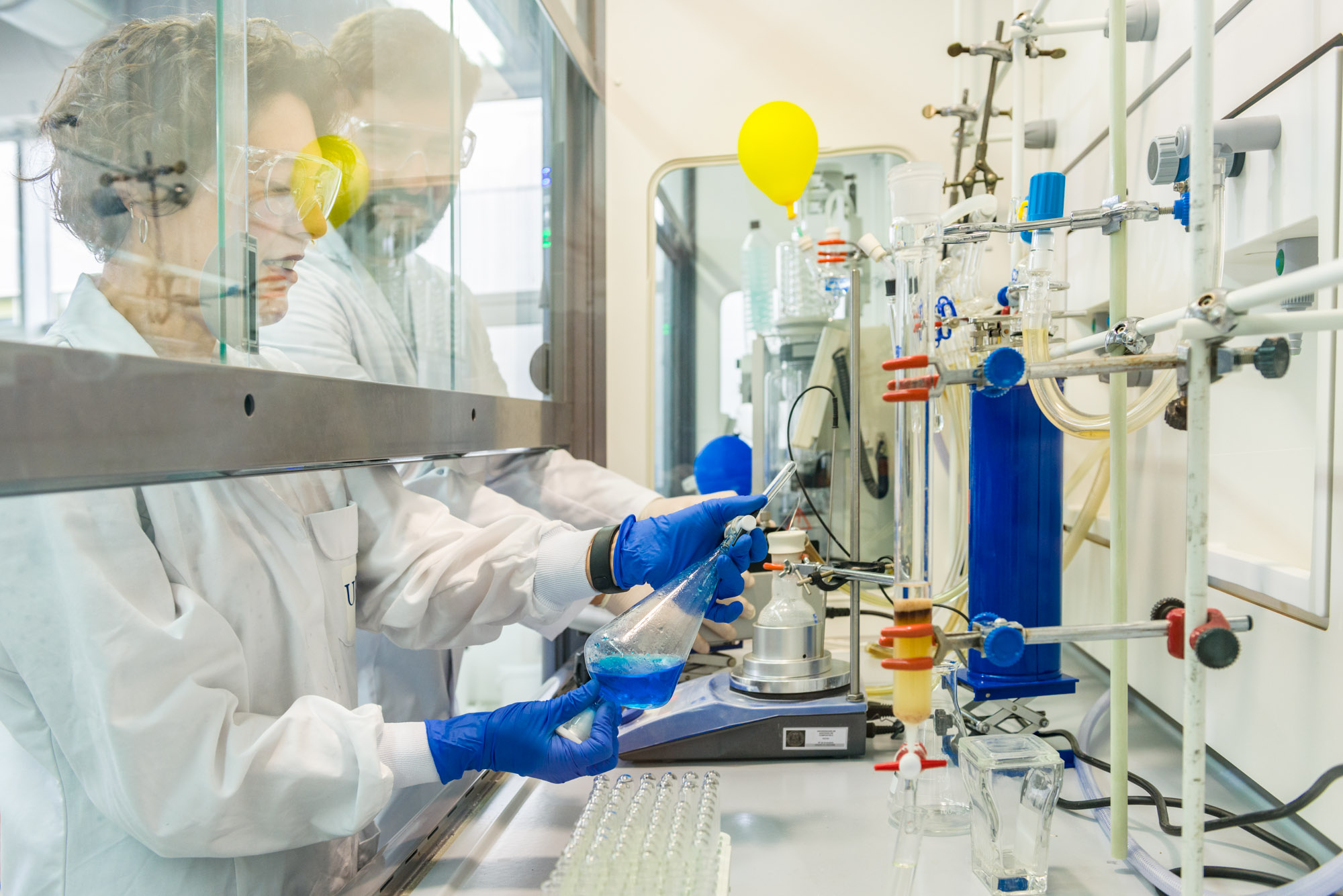
High rate of practical training
Perfect balance between theoretical understanding and hands-on experience in laboratories
Enrolment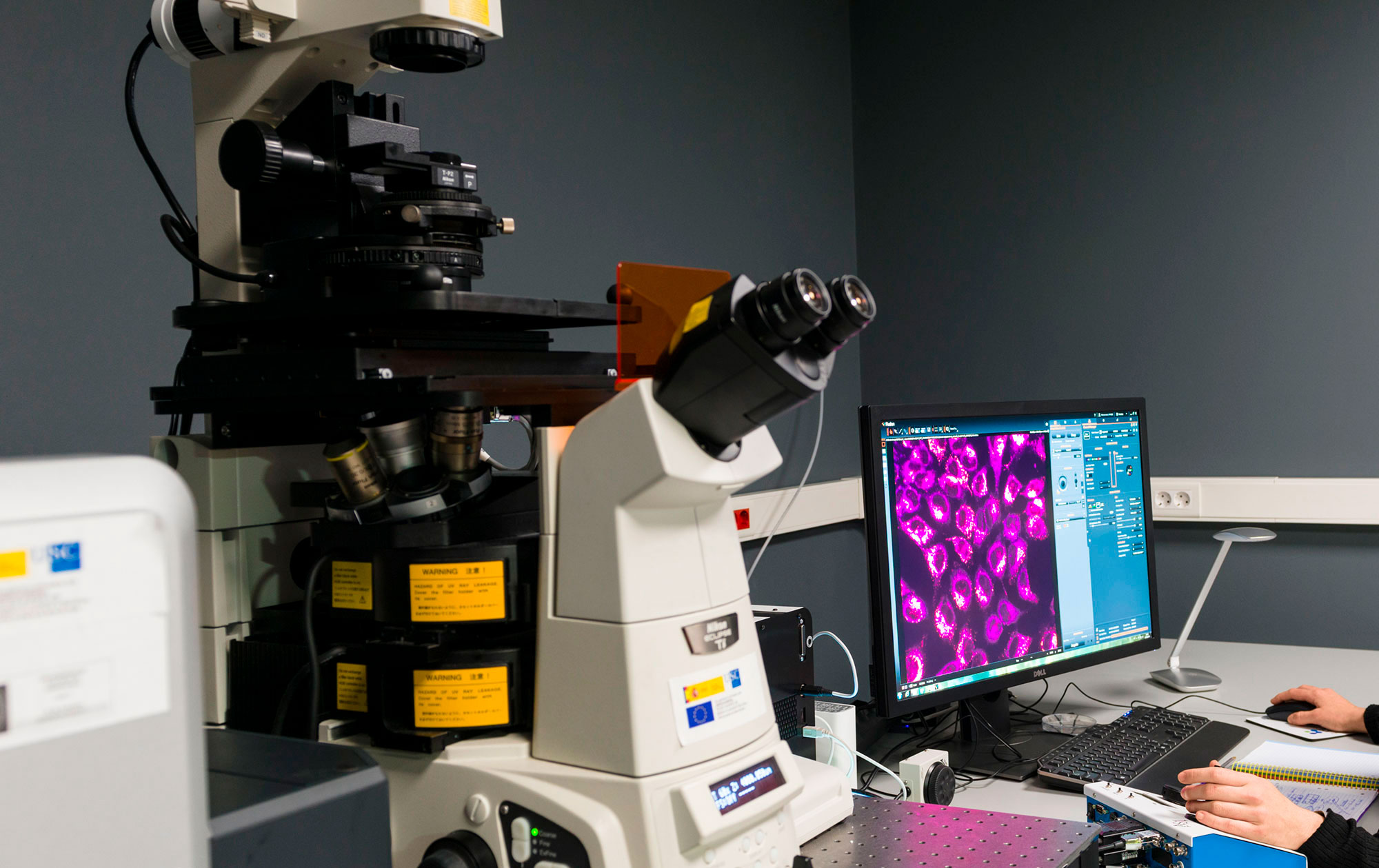
State-of-the-art equipment
First class laboratories and a broad range of facilities for advanced research
Enrolment
Training by world-renowned researchers
The teaching staff includes 5 European Research Council (ERC) grantees and other internationally renowned scientists. The programme leads to a Master’s degree awarded by the University of Santiago de Compostela.
Enrolment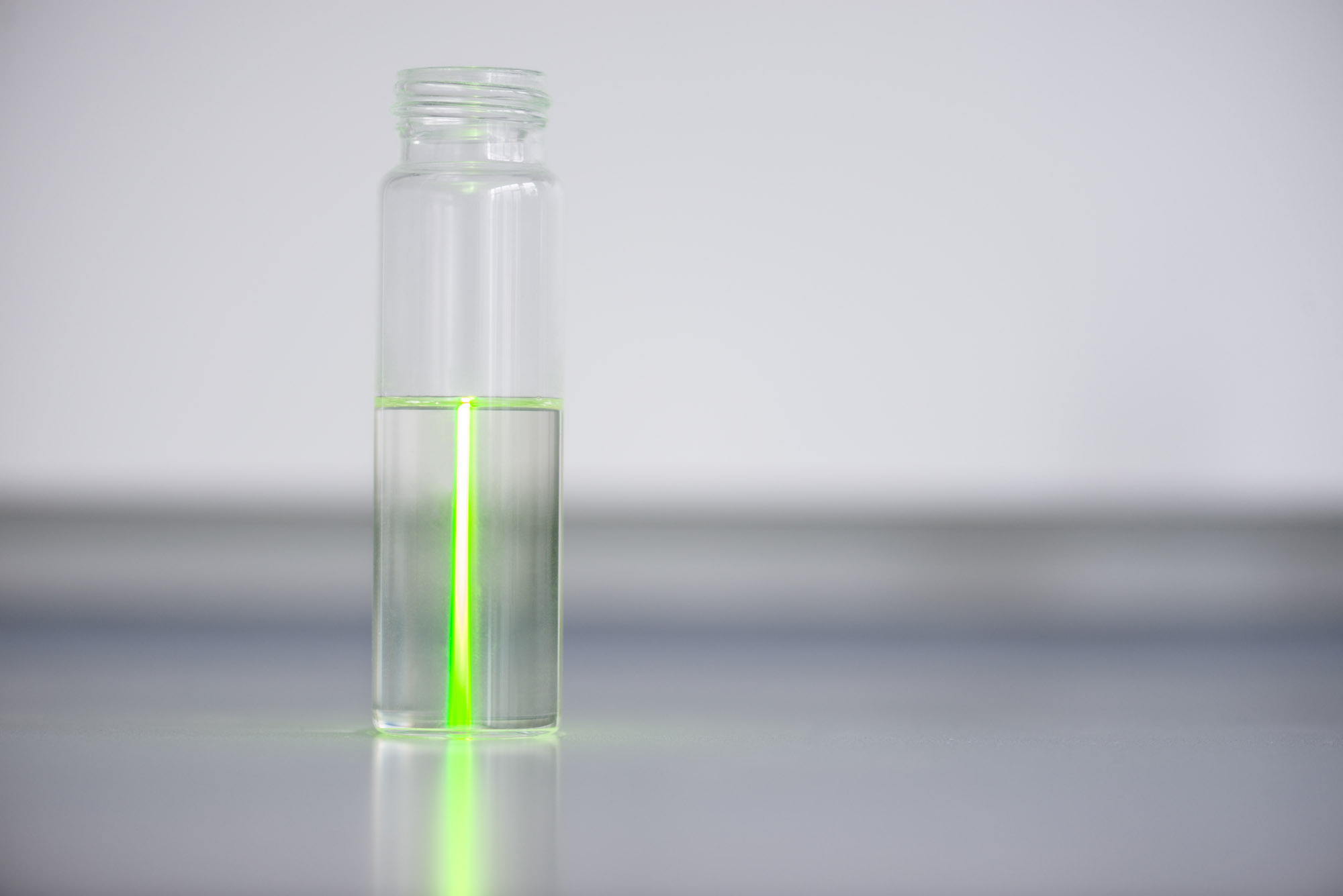
Deadlines, fees and procedures
Enrolment
